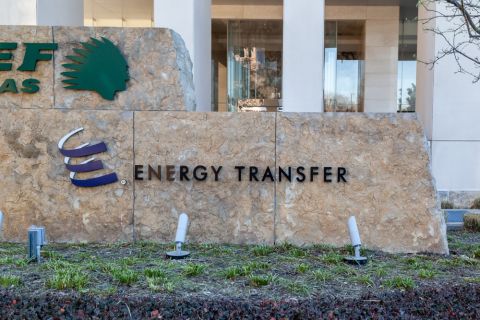WASHINGTON—A poll conducted for the Association of Oil Pipe Lines (AOPL) released March 31 showed that, by wide margins across key audiences, Americans support pipelines to move their energy and want to avoid addressing climate change in ways that increase their energy costs.
“The American public understands we need pipelines to deliver them affordable energy safely and reliably,” said Andy Black, AOPL president and CEO.
Pipelines often go unnoticed by the general public day-to-day because they are underground. Policymakers are including pipelines in the national conversation on energy and climate. AOPL wanted to know what the American public thinks about pipelines and whether the loudest voices in the pipeline debate truly represent the feelings of the American public.
The survey found:
- 70% of Americans have a positive impression of pipelines, with their intensity of support increasing;
- Americans are worried about climate change, with concern steady at 68% in the past year;
- Americans want to minimize financial impacts to their energy bills to combat climate change;
- Nearly three-quarters of Americans want to avoid energy industry disruptions when combating climate change;
- Three in five Americans rank safety, affordability and reliability as the three most important aspects of energy; and
- The majority of Americans believe canceling pipelines is not a good way to combat climate change— similarly, 74% of Americans oppose forcing oil and gas workers out of work and 71% oppose forcing oil and gas workers to take a pay cut.
The results of the poll are included in an AOPL report 70% of Americans View Oil Pipelines Favorably along with its underlying data report. The reports include public sentiment toward pipelines, what Americans value in their energy delivery and their thoughts on a variety of potential actions to address climate change.
The independent polling firm Wakefield Research conducted an online quantitative survey of 3,000 U.S. consumers between Feb. 11 and Feb. 24, 2021, using an email invitation and online survey. The margin of error for this study is +/- 1.8 percentage points at the 95% confidence level for the total sample. The survey included at least 200 persons in each of the following eight audiences: Gen Z, STEM professionals, rural landowners, urban renters, millennial moms, blue-collar, seniors, and older millennials.
Recommended Reading
Wayangankar: Golden Era for US Natural Gas Storage – Version 2.0
2024-04-19 - While the current resurgence in gas storage is reminiscent of the 2000s —an era that saw ~400 Bcf of storage capacity additions — the market drivers providing the tailwinds today are drastically different from that cycle.
Ozark Gas Transmission’s Pipeline Supply Access Project in Service
2024-04-18 - Black Bear Transmission’s subsidiary Ozark Gas Transmission placed its supply access project in service on April 8, providing increased gas supply reliability for Ozark shippers.
Kinder Morgan Sees Need for Another Permian NatGas Pipeline
2024-04-18 - Negative prices, tight capacity and upcoming demand are driving natural gas leaders at Kinder Morgan to think about more takeaway capacity.
Scathing Court Ruling Hits Energy Transfer’s Louisiana Legal Disputes
2024-04-17 - A recent Energy Transfer filing with FERC may signal a change in strategy, an analyst says.
Balticconnector Gas Pipeline Will be in Commercial Use Again April 22, Gasgrid Says
2024-04-17 - The Balticconnector subsea gas link between Estonia and Finland was damaged in October along with three telecoms cables.




